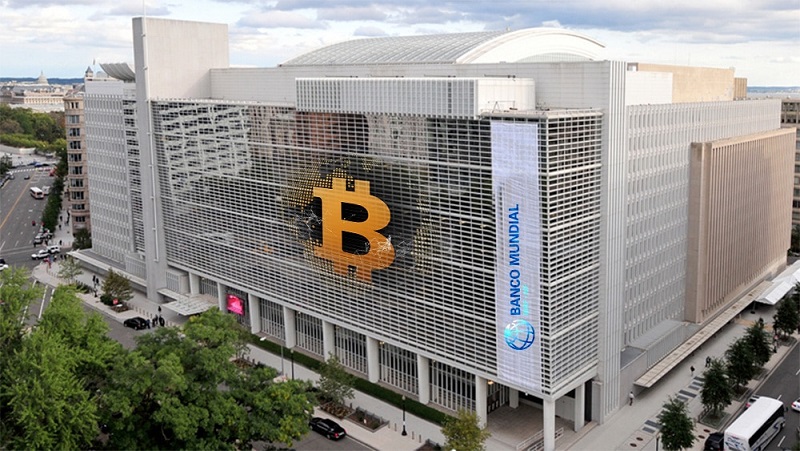The World Bank has rejected a request for assistance from El Salvador in its attempt to adopt bitcoin as its official currency, a spokesperson for the Washington-based institution said Thursday.
El Salvador uses the US dollar as its official currency, but on June 9 it approved the adoption of bitcoin as its legal currency. He intends to use this cryptocurrency for all transactions from September, which would make him the first country to do so.
“Although the government has approached us for help on bitcoin, this is not something the World Bank can support given the gaps in the environment and transparency,” he told the AFP an official of the World Bank by email.
Bitcoin is regularly criticized by regulators for its illegal uses, including the laundering of money from criminal activities, the financing of terrorism and the lack of protection of its users.
Others point to its carbon footprint.
“We are committed to assisting El Salvador in various ways, including currency transparency and regulatory processes,” added the representative of the World Bank.
Salvadoran Finance Minister Alejandro Zelaya said on Wednesday that President Nayib Bukele had requested “technical assistance” from the institution to implement and regulate the use of digital currency.
But he assured that the government was not “replacing the US dollar” with bitcoin.
Last week, the International Monetary Fund reported concerns about the use of cryptocurrency.
“The adoption of bitcoin as legal tender raises a number of macroeconomic, financial and legal issues that require very careful analysis,” IMF spokesman Gerry Rice told reporters after El Salvador’s decision, noting the “risks important “.
The country is in talks with the IMF for additional financial assistance. Zelaya called the recent talks “successful,” noting that fund officials were not opposed to the use of bitcoin but wanted to assess its possible impact.
Mr. Bukele highlights the fact that the adoption of this currency is a way to revitalize the economy of the country and to extend access to banking services to a greater number of Salvadorians.

